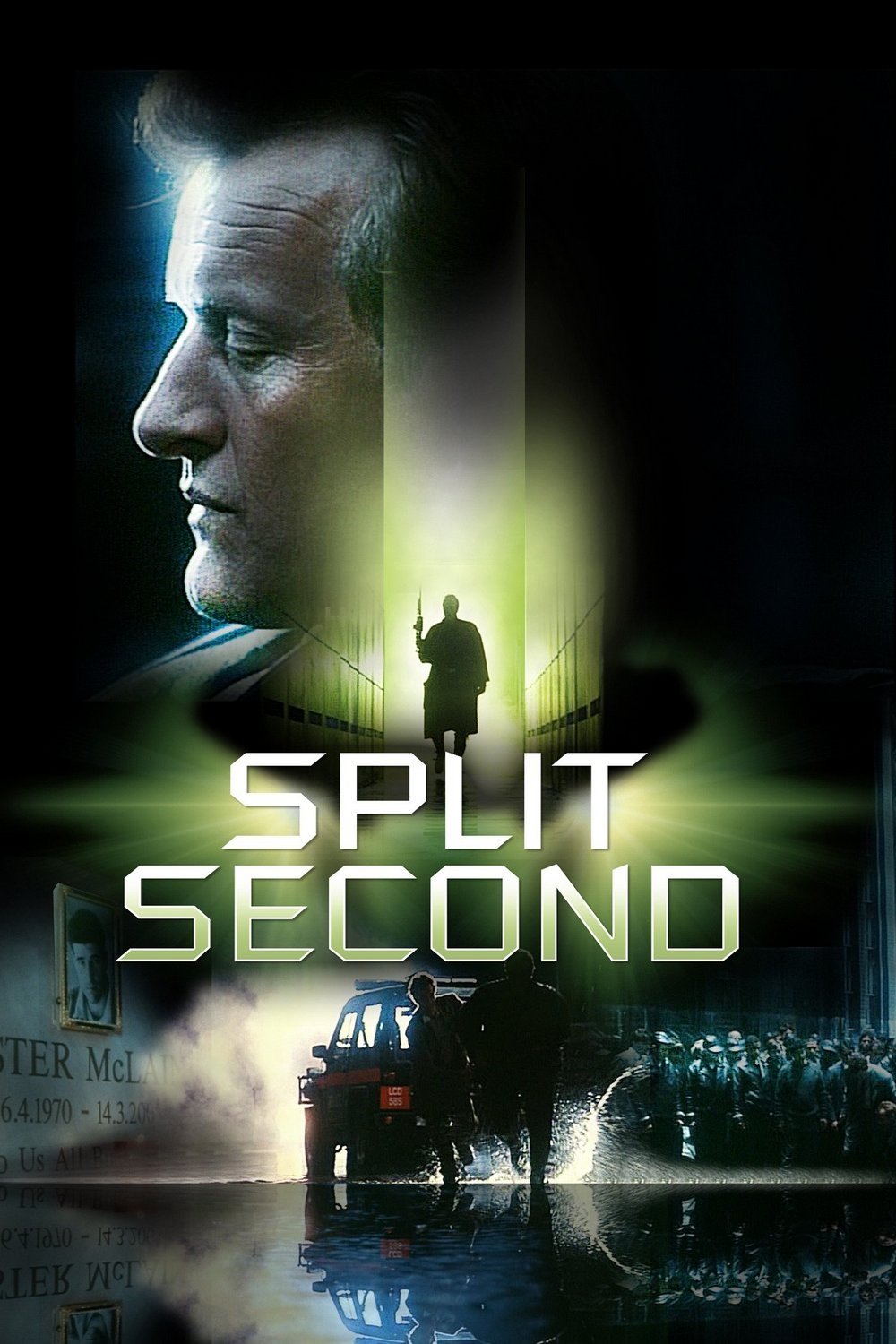

- #A split second driver
- #A split second full
I’ve worked as a bus driver for over five years. Because if I waited and hesitated, the customers would wait only longer in average. But I still think I did the best thing for my employer, deciding quickly, giving my attention to someone. Sure enough, I didn’t always pick the right one, and a few times I had to bear with complaints from a customer I left waiting. In such situations, I typically went to talk to the customer who looked most impatient or most puzzled, and I always tried to help them quickly, and move on to another customer. We were understaffed, and I often found myself alone in the store with three different customers looking for something, or even demanding my attention. In my last job in a clothing store I experienced this situation on a daily basis. And do not forget to read also my notes below the answers, where I explain what exactly you should focus on, and some common mistakes to avoid when facing this question in your interview.ħ sample answers to “Give me an example of a time when you had to make a split second decision” interview question Pick one that resonates with you, and adjust it slightly to convey the message you want to convey in the interviews. I include both examples from work and from personal life in my selection. Let’s have a look at 7 sample answers to the question first. You will have to decide quickly at times, and the hiring managers wonder how you approach such situations. And it doesn’t matter whether you apply for a managerial role, or for a job in a retail store. But we do not always have a luxury of time. Looking at the situation from different angles, considering various options we have, and pondering consequences they will have for us, for our colleagues, and for the entire company, we will eventually decide about the best course of action. “Even 50 milliseconds gives you a huge advantage in making an accurate decision,” Ferrera says.As a rule of a thumb, we should think about the problems we face at work, before we make our move. For now, it looks like giving yourself just a little more time, however brief, may be worth it. Ferrera and his colleagues hope to expand the work to ask what role reward plays in the dynamic as well. While much work has focused on either how the brain focuses or how it makes decisions, few have investigated the connection between the two. While obvious from an intuitive sense, the study quantified the connection and started to tease apart what role attention plays in decision making. “Then you won’t have to wrestle later with that irrelevant information.” “What we’re saying is that before you start gathering evidence willy nilly, take a short moment to determine whether that evidence is really relevant to the decision you are making,” he says. Ferrera’s findings suggest that simply accumulating more and more information isn’t always helpful. With more time, there’s more chance for distracting and even misleading information to filter into the process, confusing the situation. That doesn’t mean taking longer to decide necessarily leads to a better choice. “If you take attention off line, you go from almost perfect accuracy to almost chance accuracy,” he says. The reason? That precious time is enough to allow our attention to focus on sorting out the red herrings from the useful information related to the situation. 
#A split second full
MORE: Trick to Improving Your Odds in Vegas: Get a Full Night’s Sleepįerrera and his colleagues found that when the participants had a little more time, even as few as 50 milliseconds to make their decision, their accuracy improved. The participants performed this task under different conditions: in some experiments they aimed for accuracy, in others, for speed.

They were told which set was their target, and then asked to indicate which direction the target dots were moving when the distracting set was introduced – the distracting set either moved in the same direction or opposite direction of the target dots. In the study, 13 volunteers were asked to look at competing sets of dots scrolling across a computer screen. “The little extra time to sort out the irrelevant information makes the decision-making more efficient,” he says. It’s all about giving our attention enough time to sort out the relevant information from the distractors, says one of the study’s co-authors, Vincent Ferrera, an associate professor of neuroscience at Columbia University Medical Center.







 0 kommentar(er)
0 kommentar(er)
